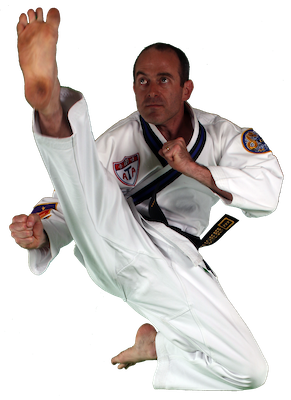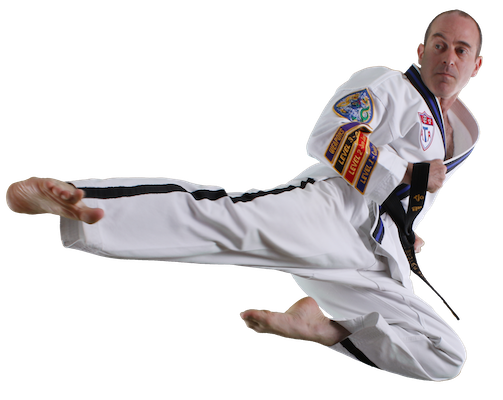
Mastership
Miyamoto Musashi taught that "the true science of martial arts means practicing them in such a way that they will be useful at any time, and to teach them in such a way that they will be useful in all things." This is the essence of mastership: not just the accumulation of knowledge, but the deep understanding of principles that can be applied in many contexts—and the commitment to teaching those principles to others.
Beginning martial arts students are focused on absorbing information such as how to kick, punch or block. A master uses this information, along with the instincts honed from years of practice, to derive broader lessons not just for self-defense or physical movement but for relationships, professional success, and personal growth. The principle of redirecting rather than resisting an opposing force is valuable not just for deflecting a punch but also for calming a defiant child.
Understanding that power requires speed and speed requires relaxation teaches enables us to overcome challenges by remaining calm rather than by seeking to impose our will on the situation.
Applying lessons from martial arts to our own lives is only the first step. Grand Master In Ho Lee said, "First change yourself." But mastership also requires us to share those lessons. Lao Tzu wrote that the master "does not hoard. The more he does for others, the more he has himself; the more he gives to others, the more his bounty increases." True mastership leaves a legacy, by cultivating a new generation of leaders and equipping them to surpass our own skills and achievements and to magnify our impact.
What it Takes to be a Great Master
Of the various attributes of mastership, I believe the most important are humility and integrity. There are phenomenal martial arts technicians who will never be great masters because they lack these traits. There are even instructors with successful schools and hundreds or thousands of juniors who fall short of greatness due to their arrogance or their hypocrisy.
Humility is fundamental because our ego is often the biggest obstacle to our own growth and to our ability to positively influence others. Without humility, we are unable to learn from our mistakes nor to recognize our shortcomings. We cannot earn the trust of others because we are unable to trust them by exposing our vulnerabilities. Our need for ego gratification impedes us from accomplishing our goals.
Many years ago, a martial arts instructor asked me to help her establish a program to serve low-income kids in a local elementary school. I spoke to her senior, who was suspicious of my motives but reluctantly agreed to allow my non-profit organization, Team PRIDE, to partner with her. The program thrived, serving hundreds of kids. The school principal said that discipline problems in the school decreased dramatically. But the woman's senior remained distrustful of me, and I learned that he began bad-mouthing me to other seniors in the ATA, accusing me of trying to steal his students. In fact, I had structured the program to ensure that he himself received credit from ATA for all of the students that we served—and I had told him this repeatedly. One of my mentors became frustrated with the senior and suggested that I should shut the program down to punish him for spreading untruths about me. But I decided to sublimate my ego in order to achieve my goal: to extend the benefits of Songahm Taekwondo to those who most need them. Today, the senior and I have a mutually respectful relationship.
Integrity is equally fundamental. We must align our words with our conduct in order to gain the trust, loyalty and respect of our students. I know of master who owns multiple schools and whose social media feed is filled with photos broadcasting his happy marriage. But one of his business partners once told me that when this master travels for business he goes to strip clubs and pays for sexual services there. I don't believe any degree of material success can compensate for this glaring gap between professed values and practice. If mastership is the ability to apply lessons from the mat in other contexts, then we must have the integrity to live as we teach.


